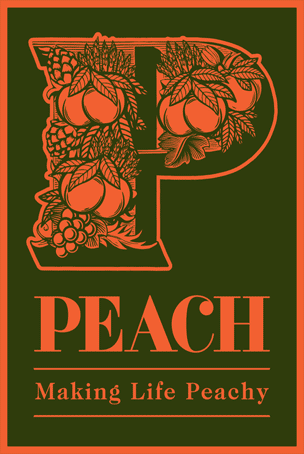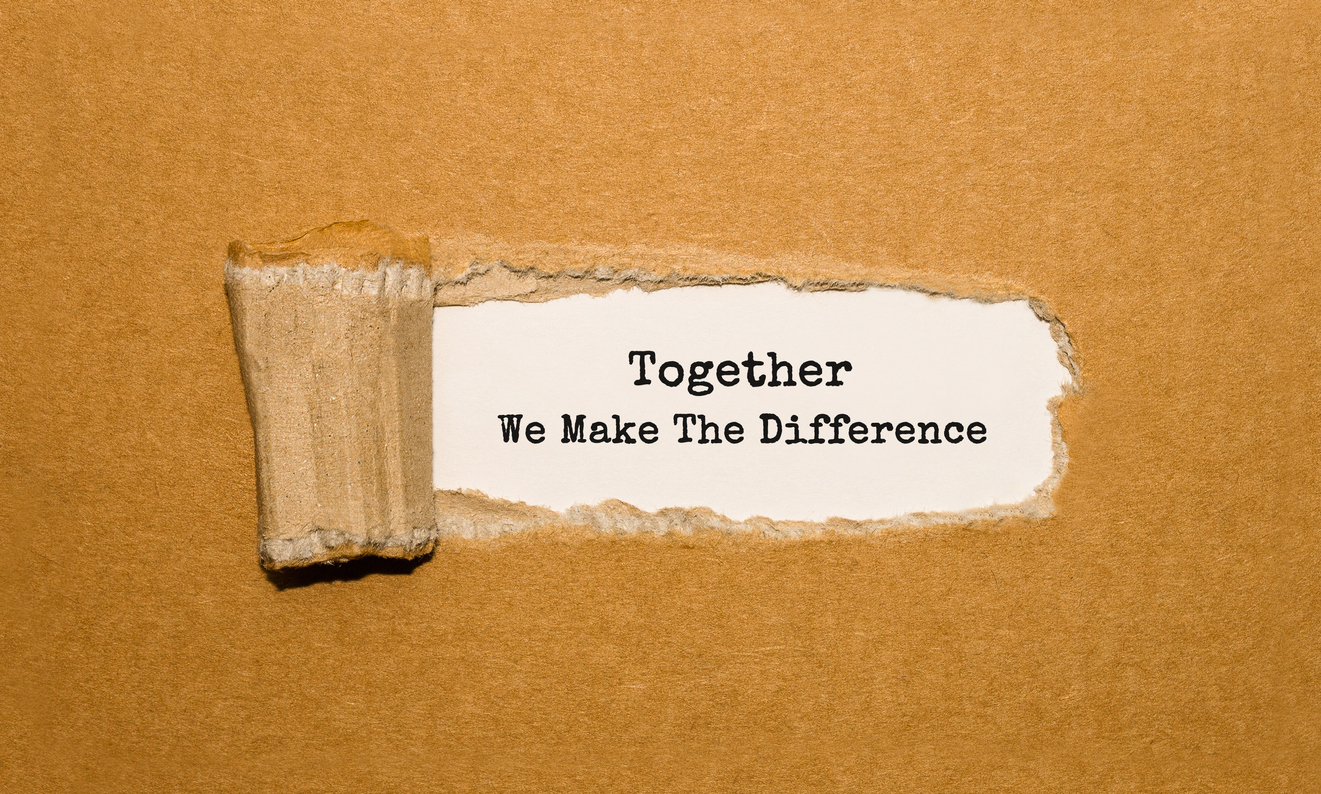What this means to us – lifting the lid on waste.
What non-food waste do we have in Peach?
Many items such as glass, dry mixed items like cardboard, aluminium cans, plastic and residual items otherwise known as “general waste”.
Natural Resources
We are highly aware of our energy use in Peach. We consume resources by heating and lighting our pubs, cooking, using IT and using water.
To have a chance of being profitable we are always trying to keep our use of resources down. The planet is at risk so we spend more time looking for efficiencies, savings and renewable sources of energy that can help us reduce our impact on the planet.
How do we minimise waste and the chance of it being sent for landfill?
Through reviewing the packaging used by our supply chain and replacing cardboard boxes with reusable containers wherever we can, to training teams on the importance of recycling. We have also amalgamated deliveries, to reduce the number of lorries on the road, turning up to our kitchen doors.
We’ve also challenged all suppliers to provide products that minimise waste, and we are often prepared to pay more if needed. We work with our food suppliers to identify less common cuts of meat, and stress the importance of waste policies to everyone we work with.
Key to our policy is ensuring all recycling material, be it cardboard, glass, cans, plastics – or food, is segregated in our pubs and not disposed of within general waste. Since 2017, we have been working together with our waste management company – SWRnewstar – to achieve sustainable results through increased recycling and waste segregation. Our account manager carries out waste audits which really “lifts the lid” on what goes in our bins! We can then engage with our teams in the pubs and suggest innovative ways to improve our recycling.
 Approximately 75% of our waste is segregated in our pubs and a further 23% is diverted “off-site” meaning that around 98% of Peach waste is diverted from landfill. The Sustainable Restaurant Association (SRA) reckons this leads the pub industry.
Approximately 75% of our waste is segregated in our pubs and a further 23% is diverted “off-site” meaning that around 98% of Peach waste is diverted from landfill. The Sustainable Restaurant Association (SRA) reckons this leads the pub industry.
Despite our best efforts, there will still be material that can be recovered from our general waste bins. Our waste company takes this to a Transfer Station, where it is sorted further and recyclable material is segregated. The remaining non-recyclable waste will be disposed of via an Energy from Waste Facility (EFW) or when absolutely necessary landfill.
Dry mixed recycling will go to a Material Recovery Facility (MRF) where it is sorted before being sent to a secondary destination, for example cardboard will be baled and taken to a mill in either the UK or Europe.
Carbon saving is the net benefit of recycling versus landfill. When an aluminium can is recycled, the carbon saving is the equivalent carbon that would have been used to mine the aluminium ore, transport it and process the raw material into a can. By simply recycling items we are directly avoiding all of these processes.
We will continue to recycle, in an attempt to save further damage to the planet. In just three months in 2020 our recycling policy saved carbon, equivalent to watching TV constantly for 853 years or driving from London to Edinburgh 2747 times!

Understanding where our waste comes from and engaging our teams leads directly to better waste segregation and recycling and ultimately improves our Peach carbon footprint.
But it doesn’t stop there. We our actively sourcing products that tackle food waste. From Rubies in the Rubble Ketchup and Discarded Rum, we will continue to look for brands who help us on our mission. In 2021, we’re doing even more to engage our teams in our efforts to do more. Managing the pub heating and lighting so it’s not on when not needed, turning down kitchen equipment when not in use, switching bar taps off and only using the glasswash machine when full – we will continue to look at ways of conserving natural resources.

